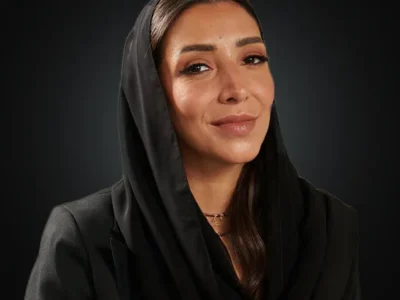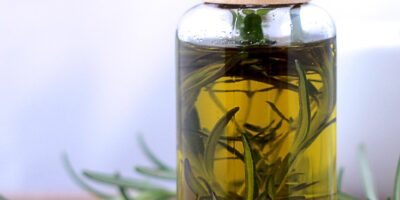In recent years, sustainability has become a critical concern in industries worldwide, and the beauty sector is no exception. The Arab world, with its rich natural resources and historical beauty traditions, has seen a significant shift towards sustainable practices among its leading beauty brands. These companies are not just focusing on producing eco-friendly products but are also implementing comprehensive sustainability strategies that extend well beyond their product lines. This article explores how top Arab beauty brands are pioneering sustainable practices, influencing global markets, and setting standards for environmental responsibility.
Embracing Local and Natural Ingredients
One of the most prominent ways Arab beauty brands are promoting sustainability is by harnessing the power of local, natural ingredients. Brands like Shiffa, based in Dubai, utilize regional elements such as dates, frankincense, and rose water, which are not only culturally significant but also sourced sustainably. This not only helps in reducing the carbon footprint associated with the transportation of ingredients but also supports local communities and economies.
Eco-Friendly Packaging Solutions
Packaging is a major environmental concern in the beauty industry, with vast amounts of plastic and non-recyclable materials being used. Arab beauty brands are tackling this issue head-on by investing in biodegradable, recyclable, and reusable packaging options. For instance, The Camel Soap Factory, an award-winning UAE-based company, has pioneered the use of plastic-free packaging for all its products, demonstrating a commitment to zero waste principles. Similarly, other brands have introduced refill stations and encourage consumers to reuse their containers, significantly reducing waste.
Water Conservation Efforts
Water scarcity is a critical issue in the Arab region, prompting beauty brands to rethink their product formulations and manufacturing processes. Companies are increasingly developing waterless beauty products, such as bar shampoos and conditioners, which minimize water use both during production and in their application. Brands are also implementing cutting-edge water recycling systems in their manufacturing processes to reduce water usage and ensure that the water they do use is cleaned and reused wherever possible.
Ethical Sourcing and Fair Trade Practices
Ethical sourcing is another cornerstone of sustainability efforts by Arab beauty brands. These companies ensure that their raw materials are sourced in a way that does not harm the environment or exploit labor. For example, many brands now only source raw materials from suppliers who practice fair trade, ensuring that workers involved in the supply chain are paid fair wages and work under safe conditions. This approach not only fosters a more sustainable supply chain but also builds trust and loyalty among conscious consumers.
Promoting Biodiversity
Some Arab beauty brands have taken their commitment to sustainability even further by actively contributing to biodiversity. This involves initiatives like planting trees, preserving natural habitats, and supporting biodiversity research. Such efforts are crucial in regions where flora and fauna may be under threat due to industrialization and urban development.
Transparency and Consumer Education
Transparency is vital in building consumer trust and promoting a more sustainable beauty industry. Leading Arab beauty brands are increasingly transparent about their formulations, sourcing, and environmental impact. They are also engaging in consumer education campaigns to raise awareness about sustainability issues and how individuals can make a difference. By informing consumers about the impact of their choices and how products are made, these brands are empowering consumers to make more informed decisions.
Challenges and Future Directions
Despite these efforts, Arab beauty brands face significant challenges, including regulatory hurdles, high costs associated with sustainable practices, and the ongoing need for consumer education about the benefits of sustainability. However, the future looks promising, as more brands join the sustainability movement and governments in the region begin to support these initiatives through more robust environmental regulations and incentives.
Conclusion
Leading Arab beauty brands are setting a new standard for sustainability in the beauty industry. Through innovative practices ranging from the use of natural ingredients and eco-friendly packaging to water conservation and ethical sourcing, these brands are demonstrating that beauty and sustainability can go hand in hand. As they continue to lead by example, they not only contribute to a more sustainable world but also inspire other companies globally to follow in their footsteps. The journey towards sustainability is complex and ongoing, but the commitment of these Arab beauty brands to go beyond the product is a powerful step in the right direction.














